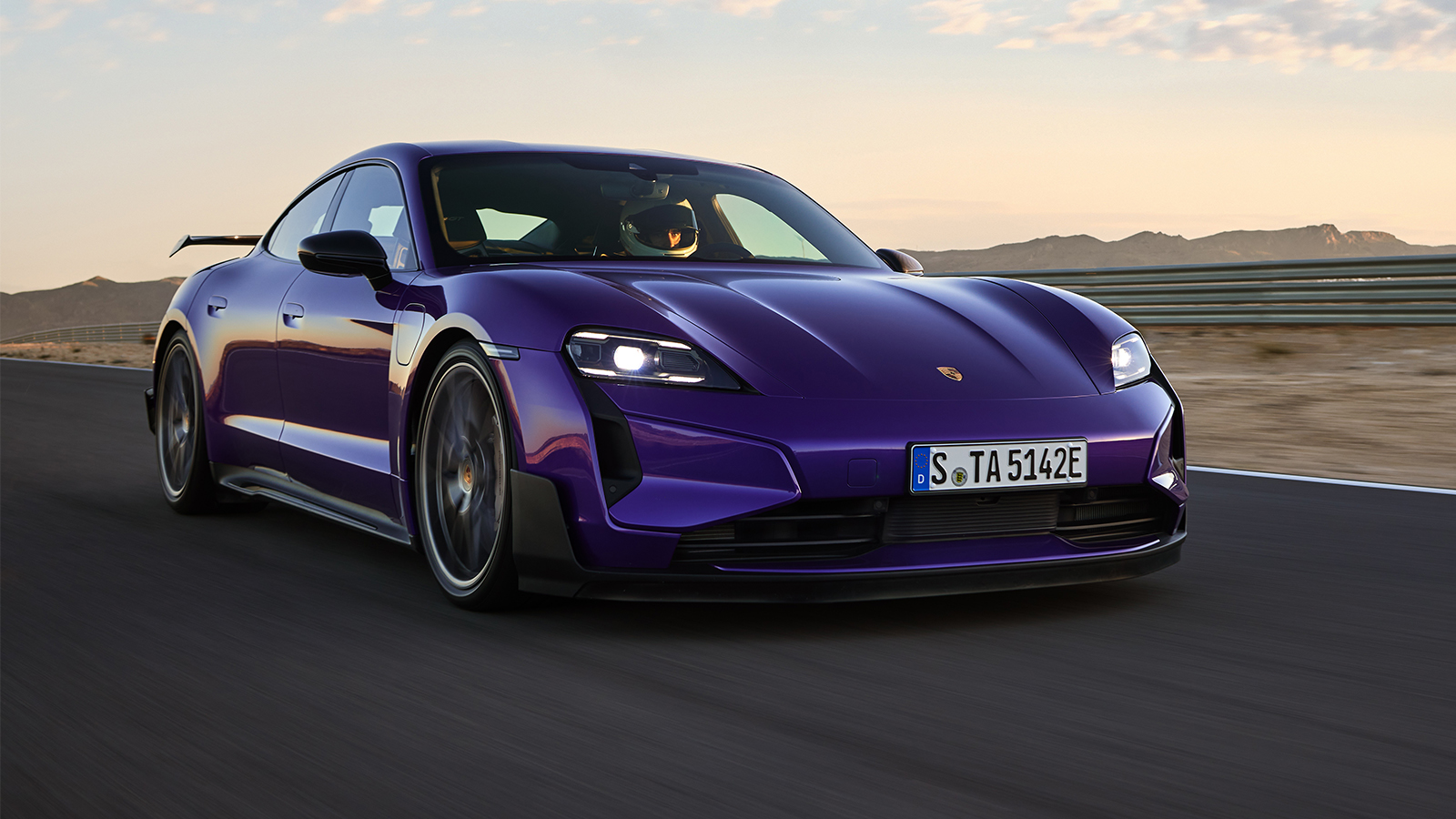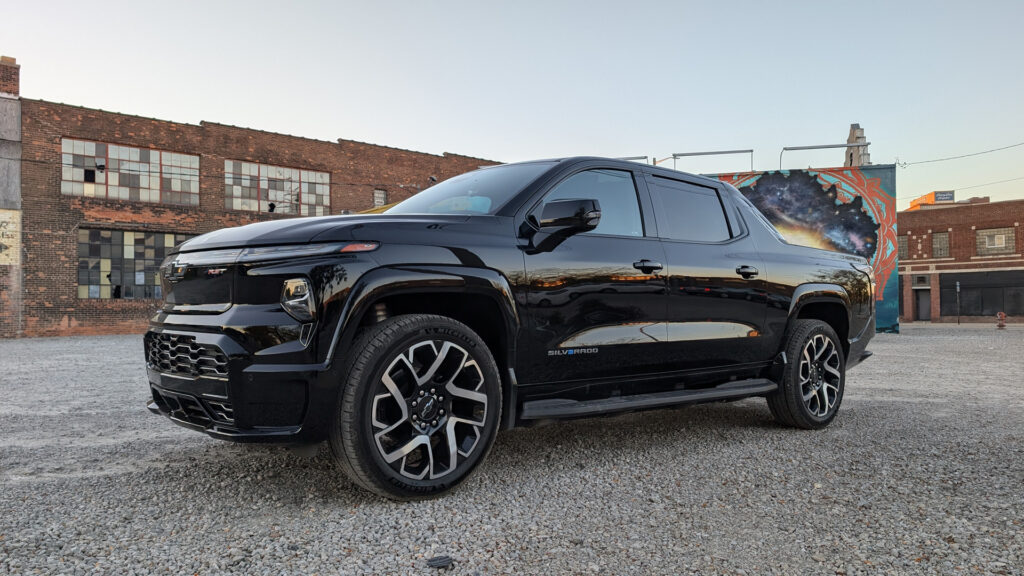- A spike in returning lease volumes will peak in 2026
- Market could be flooded with cheap used EVs, new report claims
- Uncertainty about tax credits could upset the supply/demand balance
According to a recent study from J.D Power, which forms part of the 2024 E-Vision Intelligence Report, there will be a 230% spike in returning lease volumes of electric vehicles in 2026, potentially opening the floodgates to a swathe of cheap, second hand EVs.
It goes on to state that nearly 280,000 EV leases will end in the next two years in the United States, but thanks to the falling prices of recently introduced EV models (or those about to be launched) it means that for many, it will make more financial sense to simply lease a new car rather than buying out their current lease vehicle.
According to J.D Power, it would cost the average returning lessee in the electric compact SUV segment $477 per month to buy out the lease, while the average lease payment on a new EV in the same category would be just $457 per month.
This is based on the fact that the average buyout price for most electric compact SUVs is higher than the $25,000 threshold that would qualify for the used EV tax credit.
Although this is potentially good news for those in the market to make the switch to an electric vehicle, seeing as there will be plenty of affordable used stock in two years, it also presents numerous complications for the used car market as a whole.
J.D Power says that uncertainty about whether the federal EV tax incentive will continue and how long high manufacturer incentives will last, concern about long-term battery health, and a shortage of used gas-powered vehicles will complicate the traditional balance of supply and demand.
Analysis: Disastrous depreciation doesn’t help

So far, electric vehicle sales have been skewed towards the premium end, targeting early adopters with deep pockets. For years, they have been seen as overpriced and out of reach for many mainstream buyers.
Although that is now changing, with a slew of more affordable models hitting both the US and Europe, it is already presenting a problem for the used car market.
Put simply, depreciation of some premium EVs has been huge, with models like the $130,000 /£120,000 Porsche Taycan dropping to as little as $35,000 or around £40,000 for three-year-old examples in some markets.
An investigation by Wired earlier this year found that some premium EVs, including the Mercedes-Benz EQE, Audi e-tron GT and Polestar 2, could lose up to half of their value in the first year of ownership.
The reasons for this worrying trend are numerous, from the lingering range-anxiety among buyers to the fact that battery technology is moving at such a rate that older models are being updated or replaced at a much faster pace than their internal combustion engine counterparts.
Rather than a mild mid-life facelift, as was the way with older ICE cars, today’s electric vehicles are having battery packs replaced and improved, offering much greater range and improved performance.
It’s potentially putting off private buyers of new electric vehicles, worried that their latest ride will be worth a fraction of the cost that they paid for it in a couple of years.
The world of used EVs is going to create a buyer’s market in the coming years, which is great news for those holding off and waiting to make the switch, but not particularly positive for those struggling automakers, such as Ford and Volkswagen, that so desperately need to sell new cars to stay afloat.

